
The rule of law is at the heart of the relationship between society and the state. It is the basis for creating trust and accountability and forms the social contract between a government and its citizens.
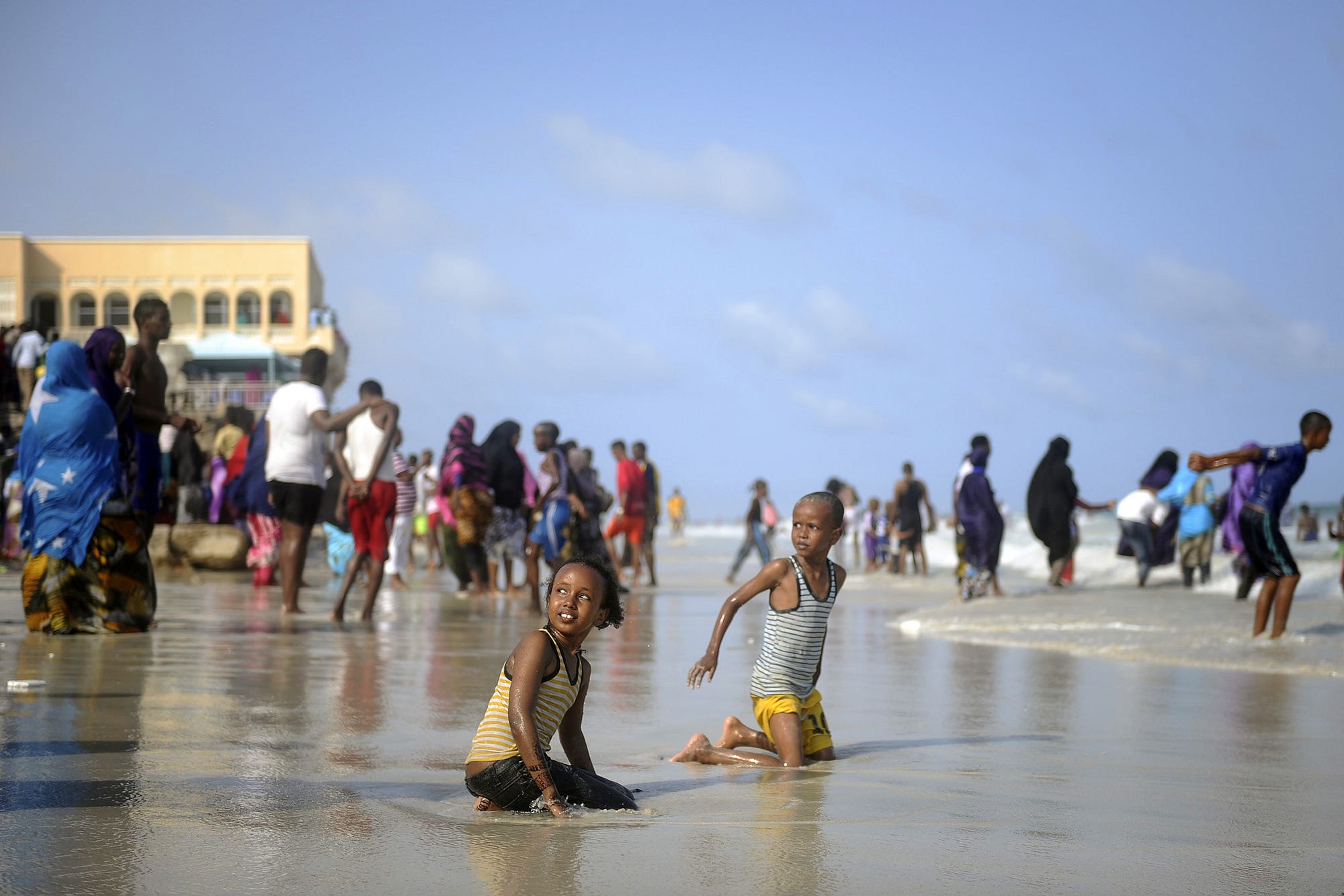
When countries experience conflict and when government is weakened and can no longer protect its citizens, this social contract collapses. When it’s time to rebuild, rule of law must be among the first priorities.
Since 2008, UNDP has been working to build peace in over 40 crisis-affected countries through our Global Programme for Strengthening the Rule of Law and Human Rights. Here are seven key results:
1. Access to justice in Kyrgyzstan
Long brewing tensions between neighbours can ignite if grievances are left to stew too long. In Kyrgyzstan where many still bear the scars of ethnic violence from the riots of 2010, addressing disputes is a must for healing old wounds. Two thirds of Kyrgyzstan’s population live in remote and mountainous rural areas. Many cannot spare the time or money to travel to the city to address issues of civil and family law.
In 2016, with our support, the Kyrgz Ministry of Justice placed their office on wheels and took to the open road. This Solidarity bus visited 173 villages and provided free legal aid to 3,386 rural citizens — half of them were women. In addition, our pilot projects in Osh and Chui provinces provided free legal aid to 18,091 people and advised 16,807 people on land rights issues and disputes, inheritances, recovery of alimony, payment of taxes and real estate.
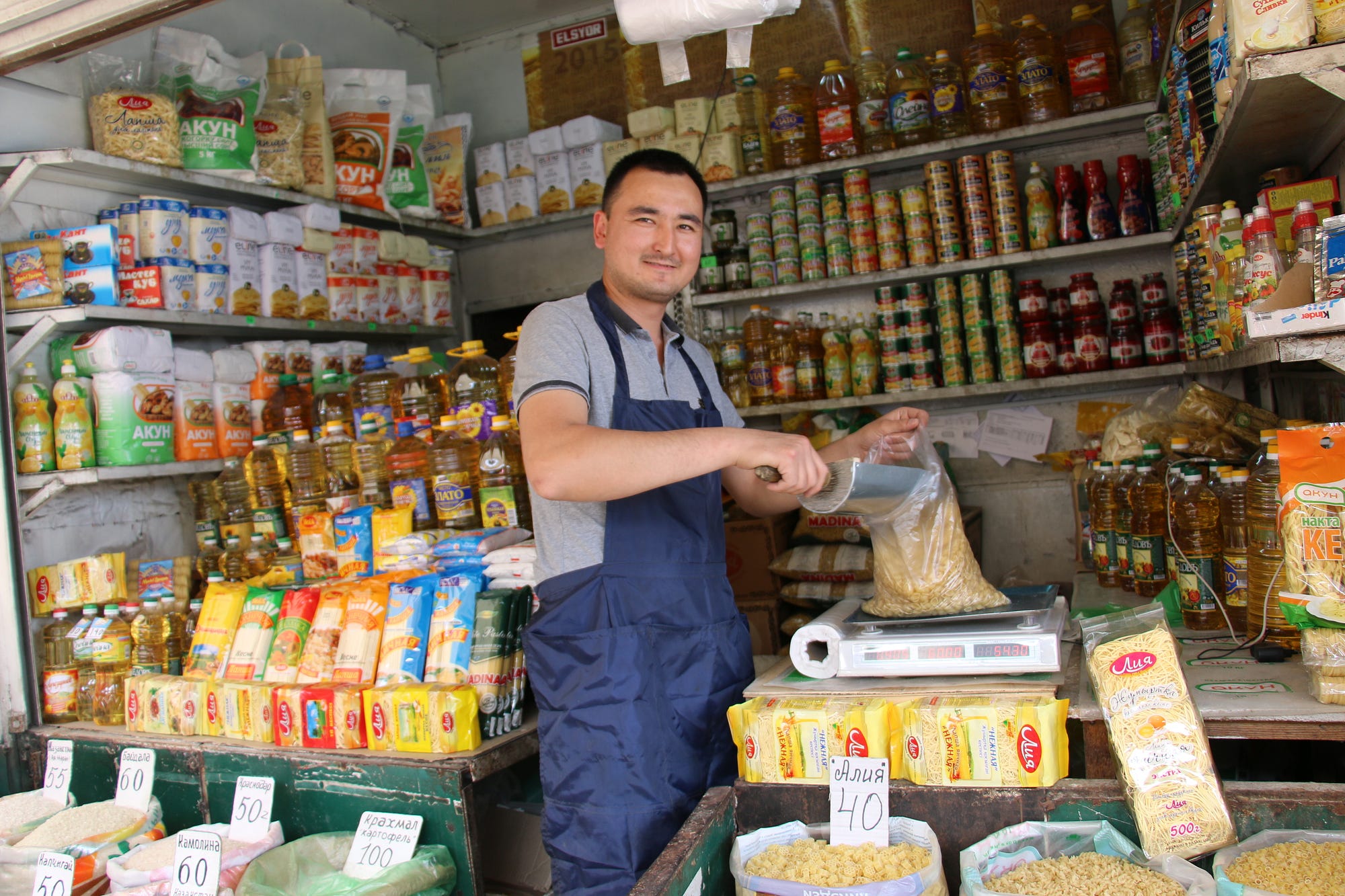
“Understanding the law is very important for my family and me. I know my basic rights and I know my obligations too. I work in a market and follow all the rules.
I think that following all laws and rules accepted by society provides your safety. I pay taxes on time, and nobody will disturb me. I sell fresh and quality goods, and my clients are happy. I always observe traffic rules. I have all the necessary documents for selling foods. Knowing my rights helps me to feel safe and sound. Knowing what my rights are helps me to defend my rights.”
— Nadyrbekov Abdurahman, shopkeeper
2. Political engagement in Liberia
Since 2003, Liberia has been working hard to maintain peace and stability following years of civil war and the 2014 Ebola outbreak. Liberia is currently undergoing a constitutional review process, supported by UNDP and other key partners.
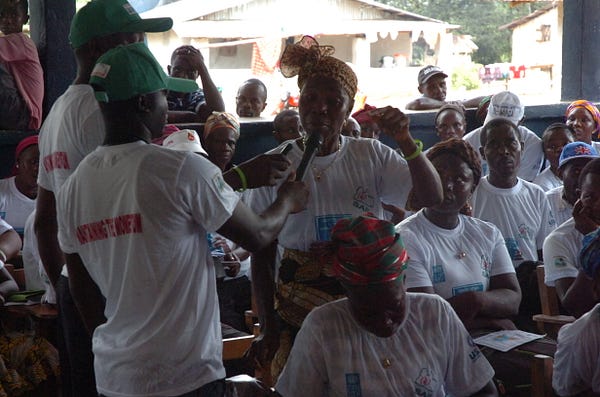
Over 73 electoral districts and even Liberian diaspora living in Ghana and the United States were consulted on what matters to Liberians. Liberians from all walks of life contributed ideas through radio call-in programmes, telephone calls and in-person visits.
“It is a good opportunity for women to make some noise,” said Gloria Musa Scott, Chair of Liberia’s Constitutional Review Committee. “If men seeking office don’t support women’s rights, they won’t be able to count on their votes in the 2017 election.” Under existing law, women in traditional marriages have no right to own property. If her husband dies, her brother-in-law has the legal right to take over her property, and may even take her as his wife. Giving equal land ownership rights to women in traditional marriages is one example of constitutional reform recommendations emerging from the consultations.
By the end of the year, Liberia’s Constitutional Review Committee had gathered inputs from more than 45,000 community members representing over a million Liberians in total.
3. Institution building in Mali
Last year, UNDP supported the rehabilitation of 11 courts in Mali. This led to 1,455 cases going to trial, signaling progress in a country still working hard to restore law and order following the 2012 coup and armed rebellion.

Half a million people were left homeless, displaced by violence. Since 2013, we’ve been supporting the government of Mali to rebuild the institutions it needs to restore the rule of law. UNDP supported the rehabilitation of justice and security infrastructure, including seven courts, six mayoral offices, three guard camps, four police stations and eight prisons. In addition, 1,423 justice and law enforcement officers received extra training, including184 women. UNDP also supported the government to finalize a national rights-based strategy for preventing violent extremism.
4. Community security in Lebanon
Lebanon is hosting over 1.1 million Syrian refugees. This has led to tensions between Lebanese and Syrians who often compete for work, housing and other goods. Host communities continue to see a rise in the cost of living, soaring rent prices and housing shortages, especially in poor neighbourhoods where Syrian refugees are often found.
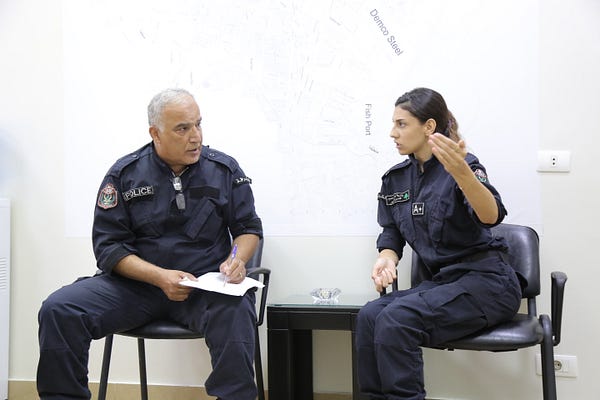
To prevent tensions from bubbling into violence, UNDP helps Lebanon’s Ministry of Interior and Municipalities to identify areas that are most at risk and municipal police that need extra training and support to respond to changing community security needs, to communicate with residents and mediate disputes. With UNDP support to the government of Lebanon, in 2016, over 500 municipalities compiled survey data on community tensions.
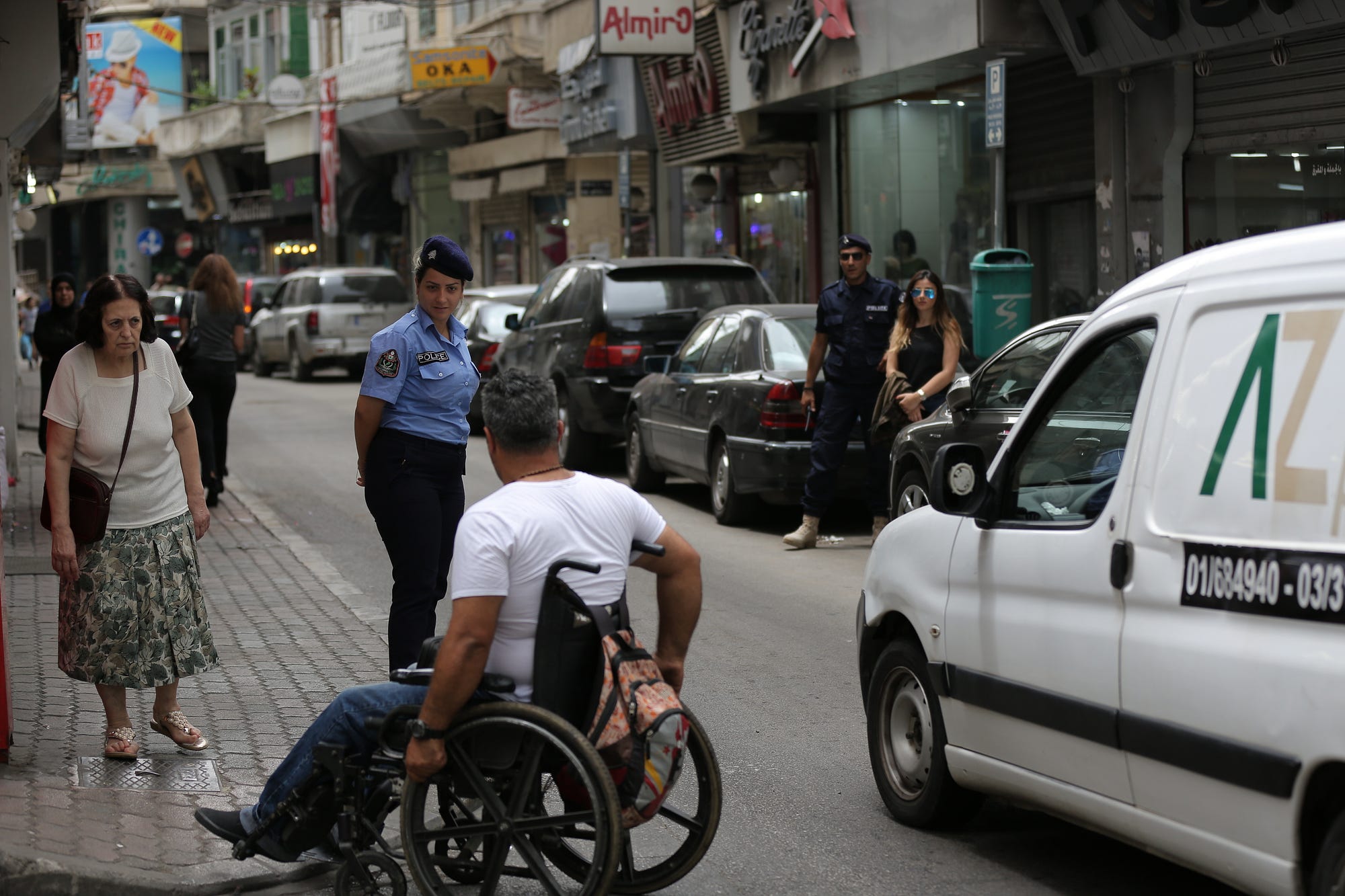
Burj Hammoud is one of the first municipalities where UNDP supported community safety projects in 2016. Syrian refugees make up nearly half of the 280,000 residents of Burj Hammoud, which is a densely packed area with a large proportion of people living in poverty. To prevent small disputes from escalating into violence, local police trained to develop stronger “soft skills”, like communication and mediation so they can better respond to changing needs during their patrols.
5. Human rights in Ukraine
The conflict in eastern Ukraine has weakened the rule of law, and human rights violations have increased. Women, especially those displaced by the war, face extraordinary challenges getting justice for grievances related to the conflict, discrimination, harassment and crime.
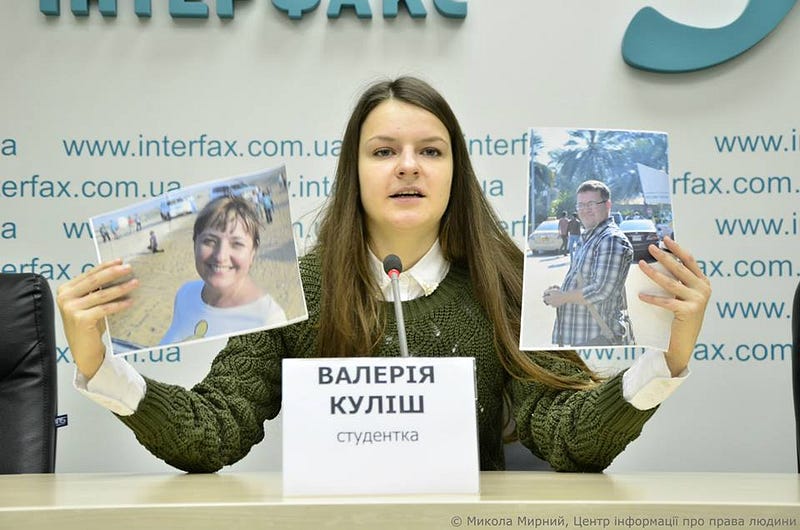
To defend human rights, UNDP produced two analytical reports detailing community justice and security needs, based on extensive focus group discussions. These will guide law enforcement to better allocate resources to meet changing demands. In 2016, the National Police of Ukraine revised a learning curriculum for law enforcement to incorporate guidance on addressing sexual and gender-based violence, community policing, human rights, health and safety issues.
With UNDP support, the network of the Ombudsperson’s Office received 1,238 citizens in their offices and provided over 4,000 consultations, monitored 716 court trials and conducted 273 monitoring visits to places of detention to ensure arrests were lawful and complied with human rights laws and standards. Documentation of human rights violations increased from 200 cases in 2015 to 6,500 by the end of 2016.
6. Transitional justice in Bosnia and Herzegovina
Twenty years after the signing of the Dayton Peace Accords, Bosnia and Herzegovina continues to live with the legacy of the war. Processing war crimes remains a key priority in the country’s efforts to provide justice and support to victims of conflict. Much change has been made in the justice sector to better address crimes committed during the conflict. Reforms, however, are stagnating, and the country currently faces a backlog of an estimated two million cases — of which 1,300 pertain to war crimes.
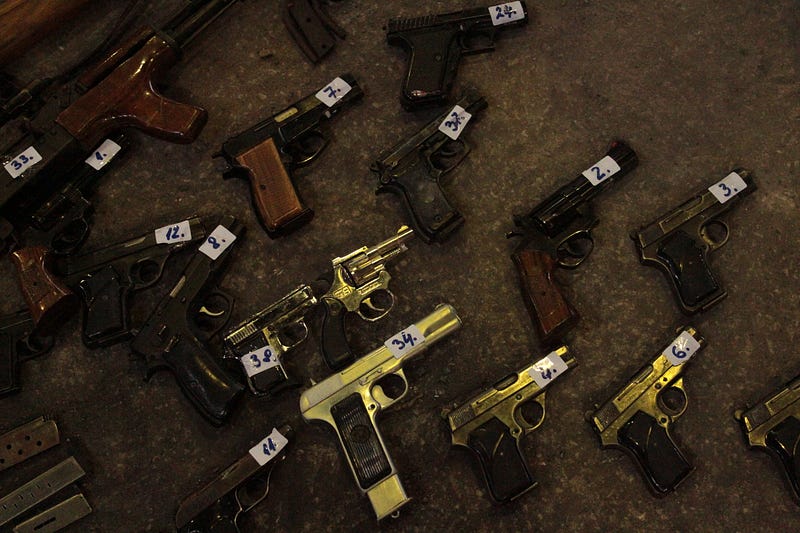
Thousands of victims of war crimes, ranging from sexual violence to deportation of civilians, still await trial. However, overlapping investigations and trials often lead to repetitive summoning of traumatized witnesses.
Last year, the European Union officially accepted Bosnia and Herzegovina’s membership application. The nation’s ability to deliver on rule of law remains a key test in the accession process.
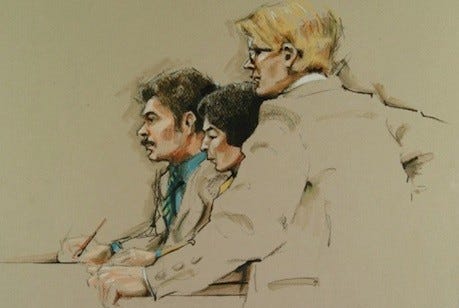
UNDP’s support to rule of law and human rights in Bosnia and Herzegovina focuses on continued support to justice and rule of law sector. Last year, to aide the Witness Support Network aided 890 victims and witnesses in 1,788 criminal cases. Through the Free Legal Aid network, over 27,734 people received free assistance, a 20 percent increase over 2015.
One witness recalled: “When I was first invited to the prosecutor’s office there was no specialized victim or witness support staff and I thought that I would not be able to handle questioning in the courtroom, as I had never appeared in court before.”
7. Gender justice in Afghanistan

Less than 2 percent of Afghanistan’s police officers are female. More women in law enforcement and the justice sector is vital to tackle violence against women in Afghanistan.
With our support, 250 Afghan female cadets completed training at the Police Vocational Training Centre in Turkey. Afghanistan established the country’s first Women’s Court in 2016, which processed more than 170 cases in the first year. In addition, a UNDP-supported Legal Aid Grant Facility provided free legal aid to 712 women, children, prisoners and people in pre-trial detention.
Medium author: Lei Phyu, UNDP
Jun 16 2017
https://medium.com/we-the-peoples/seven-reasons-why-rule-of-law-matters-for-peace-860d5d4fc313

Leave a Reply